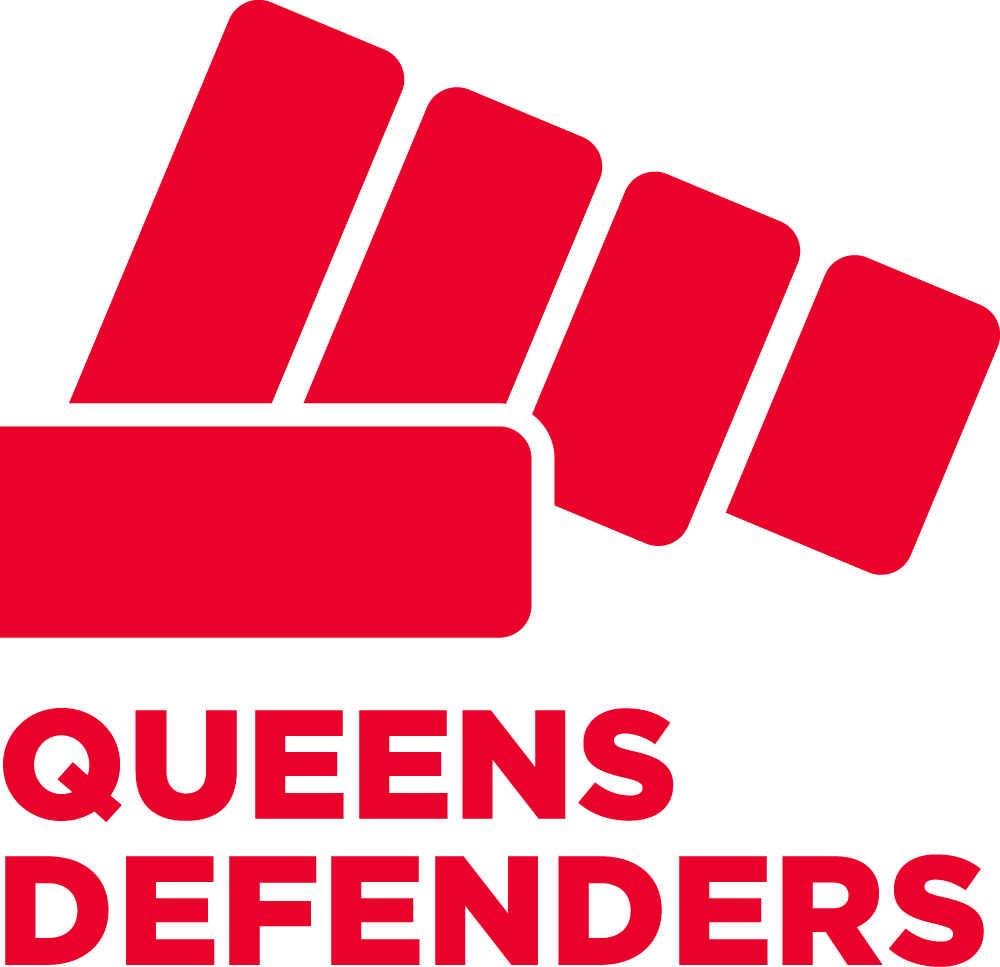February 27, 2023
Contacts:
Redmond Haskins, The Legal Aid Society, (RHaskins@legal-aid.org)
Lupe Todd-Medina, New York County Defender Services, (LToddmedina@nycds.org)
Daniel Ball, Brooklyn Defender Services, (Dball@bds.org)
Anthony Chiarito, The Bronx Defenders, (AChiarito@bronxdefenders.org)
Emily Whitfield, Neighborhood Defender Service of Harlem, (ewhitfield@ndsny.org)
Brian Schatz, Queens Defenders, (bschatz@queensdefenders.org)
***FOR IMMEDIATE RELEASE***
In Response to Reporting on Local Mental Health Courts, Defenders Call on Albany to Codify the Treatment Not Jail Act
Legislation Will Improve Public Safety by Providing Robust Community Treatment to Those Who Cycle in and out of the Criminal Legal System Due to Untreated Mental Health and Substance Use Challenges
(NEW YORK, NY) – The Legal Aid Society, New York County Defender Services, Brooklyn Defender Services, Neighborhood Defender Service of Harlem, The Bronx Defenders and Queens Defenders, in response to a New York Daily News feature story on New Yorkers who have benefitted from citywide Mental Health courts, called on Albany lawmakers to codify mental health courts into law through the Treatment Not Jail Act (TNJ).
TNJ is transformative pending statewide legislation that would improve public safety by allowing justice-involved New Yorkers with substance use, mental health diagnoses and other disabilities to have an off-ramp from the criminal legal system to obtain treatment, support and stability in their communities, as an alternative to incarceration.
Specifically, TNJ would:
- expand the already-existing authority of judges to grant judicial diversion, extending eligibility not just to those with underlying substance use issues but to New Yorkers who become entangled in the criminal legal system due to their untreated mental health conditions;
- update the current charge-based eligibility restrictions which present arbitrary and overly restrictive barriers to treatment for people whose underlying substance use or mental health condition contributed to their involvement in the criminal legal system;
- adopt a “pre-plea” model, already used in many courts in New York State, which allows applicants to participate in court-mandated diversion programming and access treatment without requiring them to plead guilty first;
- incorporate due process protections, procedural justice, harm reduction,person-centered principles, and other treatment court best practices, leaving treatment decision-making to healthcare professionals, not lawyers, and encourage clinically effective forms of treatment, rather than outdated and ineffective punitive measures.
Learn more about the Treatment Not Jail Act:
“It has never been more apparent that jail only serves to undermine public safety, including the individual safety and well-being of those trapped in this crisis of Rikers Island,” said Tina Luongo, chief attorney of the Criminal Defense Practice at The Legal Aid Society. “The Treatment Not Jail Act offers an urgently needed pathway to treatment for thousands of people who are languishing in jail with mental health diagnoses, developmental disabilities, and substance use disorders. We call on the Hochul Administration, Senate Majority Leader Stewart-Cousins and Speaker Heastie to immediately enact this critically important law.”
“Legislating mental health courts by passing the Treatment Not Jail act will equitably address New York State’s mental health crisis. We have a moral obligation to evolve our diversion court practices in the face of a changing public health, legal and scientific landscape,” said Katherine Bajuk, Mental Health Attorney Specialist at New York County Defender Services. “Due to ignorance and stigma about mental illness, too often people showing symptoms are met with a police response and incarceration. This response is ineffective and costly. The Treatment Not Jail Act is the public health solution for this public health crisis. Ensuring treatment for individuals in need builds strong and healthy communities while keeping everyone safe.”
“People living with mental illness are suffering in New York City jails, unable to access needed treatment and care, with their stability, their health, and their lives in constant danger,” said Yung-Mi Lee, legal director of Brooklyn Defender Services’ Criminal Defense Practice. “The evidence is clear that we cannot incarcerate our way to mental wellness and public safety. The Treatment Not Jails Act offers another solution – diverting people with mental health and substance use issues away from the criminal legal system and towards community care and treatment. We urge Albany to enact this critical legislation this session.”
“It is a lie that incarceration makes us safer,” said Ann Mathews, Managing Director of the Criminal Defense Practice at The Bronx Defenders. “Caging people without treatment does nothing except cost the state millions each year so that people struggling with mental health or substance use challenges are exposed to the very violence and conditions they need to escape. We must invest in treatment, not jails or prison, if we are to have true public and community safety.”
“Public Defenders know more than most the barriers our clients face in living healthy, successful lives free from incarceration and the revolving door of the criminal legal system.” said Lori Zeno, Executive Director of Queens Defenders. “More often than not, they are facing significant issues that include mental health, substance use, housing instability, and the effects of life-long trauma. The Treatment Not Jail Act would provide the clients we serve with a fighting chance to learn valuable skills and coping mechanisms and shore up their support networks, ultimately leading to the stability and prosperity that has been out of reach for most of their lives. TNJ is an humane, compassionate, and client-centered tool for New York’s legal system to employ in diverting individuals from ineffective punitive sentencing and mass incarceration.”
“Too often, our incarcerated clients with mental health and substance abuse issues languish in jail, denied treatment and cycled through the revolving door of Rikers Island,” said Alice Fontier, Managing Director at the Neighborhood Defender Service of Harlem. “New York’s current system fails all of us, and we must expand existing law to make our communities safer and healthier by passing the Treatment Not Jail Act to ensure that our clients have the resources and programming they need and deserve. Albany must prioritize the passage of this critical measure immediately.”
###
